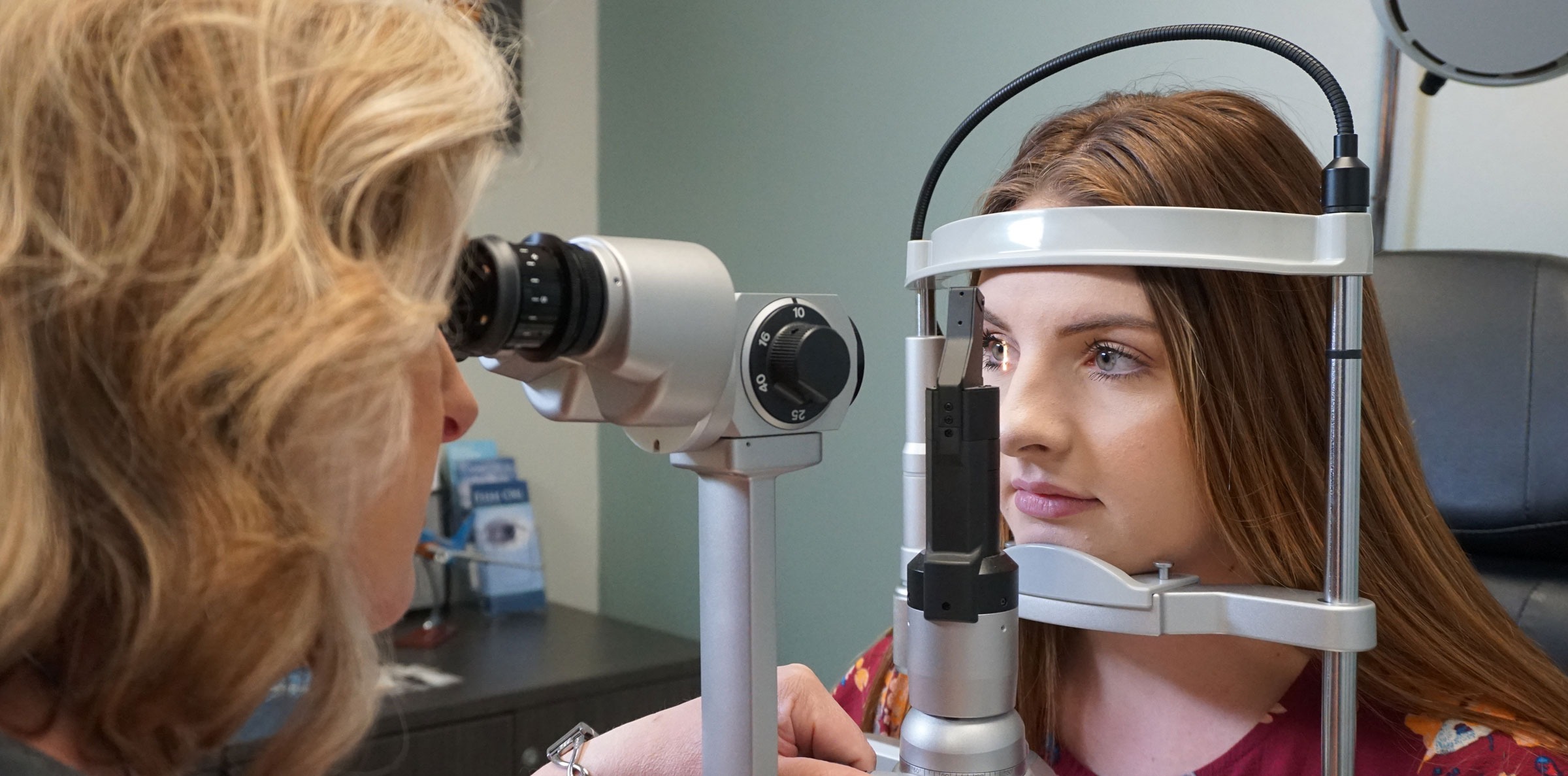
Keratoconus is a complex and progressive eye condition that affects the shape and clarity of the cornea, often emerging during the late teens or early adulthood. Without the right diagnosis and ongoing care, keratoconus can disrupt not just your vision—but your quality of life. Fortunately, with the expertise of a keratoconus specialist, patients can access personalized treatment options that stabilize their condition and protect long-term eye health.
If you are experiencing changes in vision, frequent prescription updates, or light sensitivity, these could be early signs of keratoconus. Knowing when to consult a specialist is critical—and where you go matters. Patients seeking keratoconus treatment in North Dallas can benefit from early detection, advanced technology, and long-term care strategies offered by providers like Premier Vision of Dallas.
What Does a Keratoconus Specialist Do?
A keratoconus specialist focuses on the diagnosis, monitoring, and treatment of irregular corneal conditions like keratoconus. These professionals are trained in recognizing subtle signs and are equipped with the diagnostic tools needed to detect the condition before it significantly impacts your vision.
They provide:
- Advanced corneal imaging and topography to track thinning or bulging of the cornea
- Comprehensive eye exams tailored to identify keratoconus at any stage
- Long-term monitoring and adjustments to treatment plans as the condition progresses
By working with a specialist, patients receive more than a diagnosis—they receive a roadmap for preserving vision throughout their lives.
Why Early Diagnosis is Essential
Keratoconus often begins subtly. Patients may notice:
- Blurred or distorted vision
- Increased sensitivity to light
- Difficulty with night driving
- Rapid changes in eyeglass prescriptions
These symptoms are easy to attribute to more common vision issues, which is why keratoconus frequently goes undetected in its early stages. A keratoconus specialist can differentiate between typical refractive errors and the early signs of corneal degeneration using high-resolution diagnostic tools.
Early diagnosis not only leads to better outcomes but can reduce the need for more invasive interventions down the road. That is why routine eye exams are a crucial part of long-term eye care—especially for patients with a family history of keratoconus or other corneal diseases.
Customized Keratoconus Treatment in North Dallas
There is no one-size-fits-all approach to managing keratoconus. The condition can progress differently for each patient, and treatment must be tailored accordingly. In North Dallas, keratoconus treatment often includes a combination of non-surgical and advanced clinical procedures such as:
1. Scleral Lenses
Unlike regular contact lenses, scleral lenses vault over the cornea and rest on the sclera (white of the eye), providing a smooth surface that corrects distorted vision caused by keratoconus. These lenses are especially helpful for patients with moderate to advanced stages of the condition.
2. Corneal Cross-Linking (CXL)
This FDA-approved treatment strengthens the corneal tissue to halt or slow the progression of keratoconus. It involves applying riboflavin (vitamin B2) drops to the eye and activating them with ultraviolet light, effectively increasing the stiffness of the cornea.
3. Intacs and Other Surgical Options
For patients who do not respond to conservative treatment, surgical interventions such as Intacs (small corneal implants) or even corneal transplants may be considered. A keratoconus specialist can help determine the most effective solution based on the stage and severity of your condition.
Long-Term Care and Monitoring
Keratoconus is not a condition that can be cured—but with proper care, its progression can be slowed, and its effects minimized. A keratoconus specialist provides consistent monitoring through routine exams and adjustments to lenses or treatment protocols as needed.
At Premier Vision of Dallas, patients benefit from a compassionate, long-term care philosophy. Led by Dr. Karen Allen, a Therapeutic Optometrist and optometric glaucoma specialist, the clinic is equipped to offer continuity of care for patients of all ages dealing with keratoconus.
If you are exploring keratoconus treatment in North Dallas, be sure to choose a provider who offers not just advanced clinical capabilities, but also a supportive environment for ongoing care.
Protect Your Vision—Start with a Keratoconus Specialist
Your eyes deserve expert care—especially when facing a progressive condition like keratoconus. A proactive approach, guided by a trusted keratoconus specialist, can make a lasting difference in your vision and quality of life.